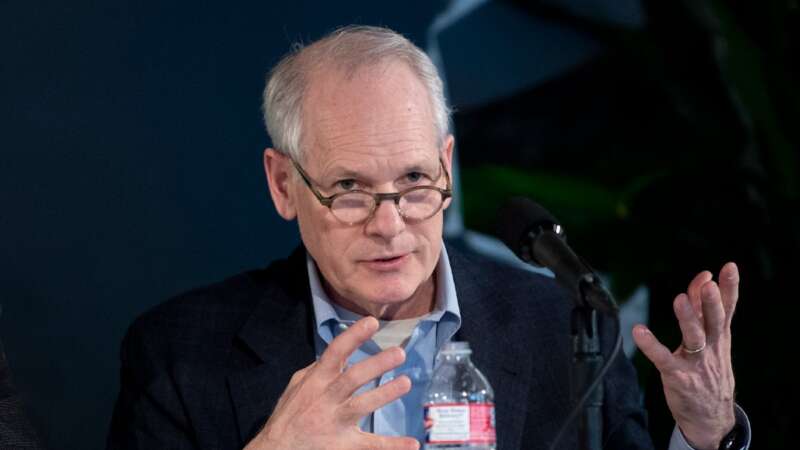
House members vented their frustrations on Thursday over the Department of Veterans Affairs’ (VA) action to pause use of the agency’s troubled Program Integrity Tool (PIT) last year, which has resulted in the VA not being able to collect about $665 million in revenue since then and created potential financial impacts for veterans.
The Veterans Health Administration’s (VHA) Program Integrity Tool serves as a data repository for veterans’ community care billing claims. The VHA, in collaboration with the VA’s Office of Information and Technology (OIT), paused the use of the tool in February 2023 after it discovered issues with its “database code logic and of compromised stored data.”
With the tool offline, the VA Office of Inspector General (OIG) said in a July report that a backlog of claims is accumulating that will pose “a significant challenge to revenue collection activities.”
However, perhaps most notable, the OIG said it “estimates that the Program Integrity Tool’s pause has resulted in approximately $665.5 million in Revenue Operations collections that have not been recovered as of February 2024.”
The VA resumed partial operation of the digital tool in July 2024, according to VA Chief Information Officer (CIO) Kurt DelBene.
“We’re happy to report that Revenue Operations has resumed functionality and is steadily processing the backlog of data. We expect the full backlog to be completed in Revenue Operations’ hands by the end of fiscal year 2025,” DelBene told the House VA Subcommittee on Technology Modernization Oversight during a Thursday hearing.
DelBene said that while the OIG’s estimate of $665.5 million in delayed community care revenue “is significant,” it does not represent “a permanent loss” and the VA will ultimately collect it.
“This amount is not a significant source of overall VA revenue,” the CIO said. “We remain committed to full recovery of the PIT and will continue to provide this subcommittee with updates on its progress.”
While the $665.5 million may not significantly impact the VA, lawmakers voiced their concerns that the pause of the PIT will affect veterans financially.
Jennifer McDonald, the director of the Community Care Division for the Office of Audits and Evaluations at the VA OIG, explained that once the tool is fully functional, VHA will have to work through the backlog of paid claims to bill veterans for co-payments.
“This could negatively affect veterans, because they may receive bills for care that is over 18 months old,” McDonald told the committee. “In May 2024, VHA told us they are working with the Office of General Counsel to implement a regulatory change to allow for debt waivers for these veterans.”
McDonald also noted that the “financial impact will continue to accumulate at an estimated $55.5 million per month in potential lost revenue from private insurers until VHA resumes collection activities.”
Subcommittee Ranking Member Sheila Cherfilus-McCormick, D-Fla., expressed her concerns over the financial impact of the pause on veteran patients.
“While these veterans at some point should have been aware of these impending bills, it is unreasonable to expect veterans to choose between paying a year-delayed bill or navigating the system to secure a debt waiver,” Rep. Cherfilus-McCormick said.
“I’m concerned about veterans, many of whom are on a fixed income, receiving a massive debt due to another VA IT system failure,” she added. “We cannot allow VA’s struggling IT infrastructure to cause financial stress to our veterans.”
Subcommittee Chair Matt Rosendale, R-Mont., expressed similar concerns, adding, “This is even more important given the $12 billion VHA budget shortfall that you’re reporting for next year.”
The agency informed Congress in July that the VHA is facing a $12 billion shortfall in fiscal year (FY) 2025 for medical care, due to the growth in services to veterans, as well as other factors such as rising costs for pharmaceuticals and prosthetics.
“IT system failures are no excuse to waste taxpayers’ money,” Rep. Rosendale said. “I have no doubt that Congress will get to the bottom of the healthcare shortfall and prevent veterans’ care from being undermined. But VA’s leaders need to understand they cannot incite a panic and pressure Congress to bail them out for their mistakes.”
Thursday’s hearing came on the same day that the Senate passed an emergency bill with $3 billion in supplemental funding for fiscal year (FY) 2024, ensuring the VA can continue veterans’ benefits payments. The House passed a similar measure earlier this week.
